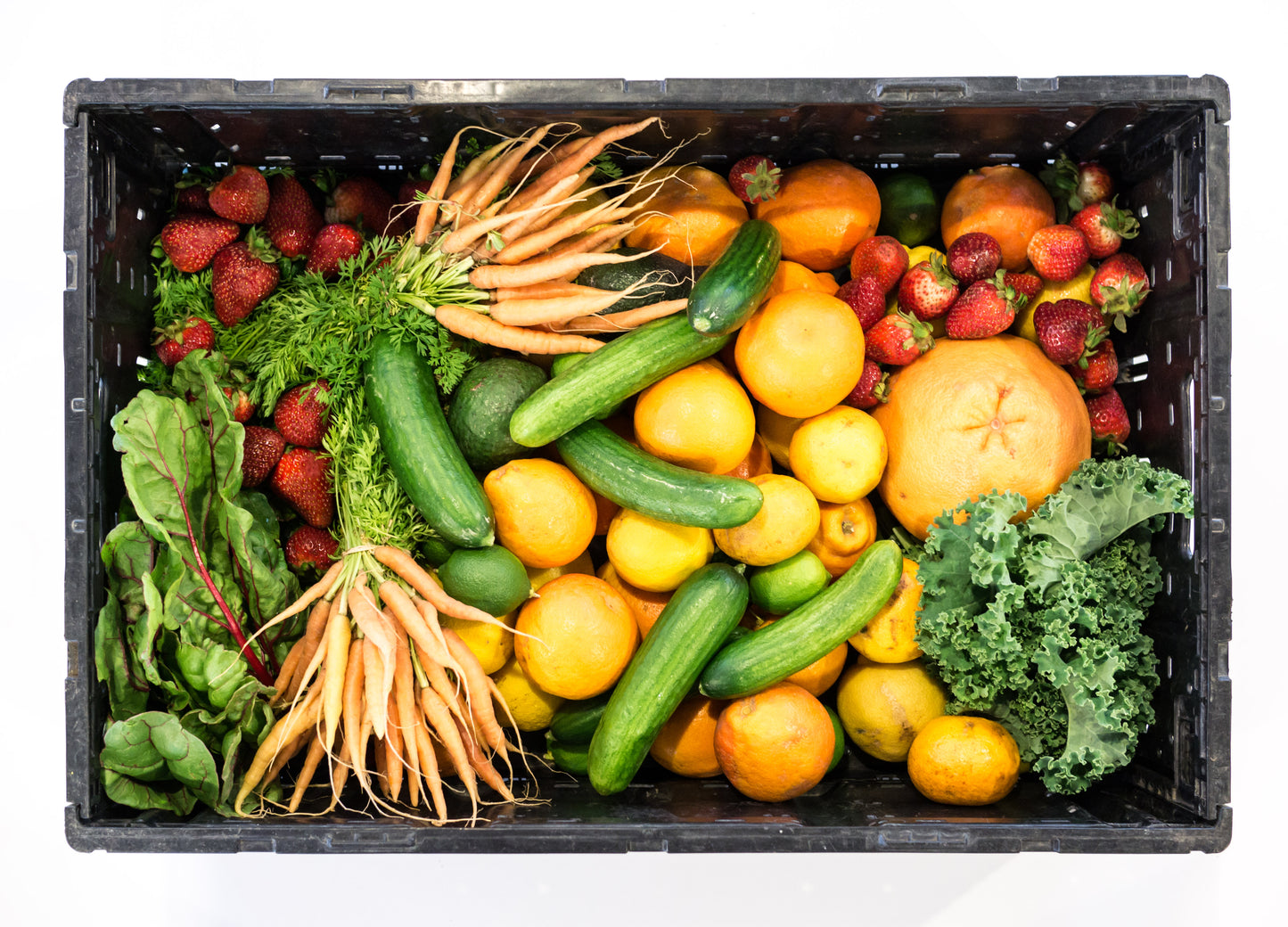
Tis' the season for resolutions. And if you are one of the 10,000+ taking the Veganuary pledge this month, then you definitely want to read this: Veganuary is the worldwide campaign inviting people to go on a full plant-based diet for 31 days. Why? According to the campaign there’s a reason for everyone to try vegan--whether it’s for animal welfare, helping the environment or just improving your health.
Whole plant-based foods are naturally chockful of nutrients and beneficial plant-based compounds like antioxidants. It’s no surprise that plant-based diets have been linked to a wealth of health benefits ranging from lower cholesterol to longer lives to slimmer waistlines. Studies have also indicated that plant-based diets may help prevent and reverse some of nation’s top killing diseases.
The quality of a plant-based diet is very important and a good determinant of the resulting health benefits. Without proper planning and knowledge, vegan diets can ironically become one of the unhealthiest diets you’ve been on. Getting all of the nutrients, vitamins and minerals you need for the day requires eating a variety of fruits, vegetables, whole grains, beans, nuts and seeds. In other words, eating vegan mac and cheese and broccoli alone isn't going to cut it. Here are some of the top nutrients you should watch out for when going vegan.
Nutrients of Concern for Vegan diets
The thing is certain nutrients are more challenging (but not impossible) than others to get from plant-based foods—either due to not eating enough of those foods, the fact that some of these nutrients are found in limited foods or because the body doesn’t absorb them as easily as others. It is important to recognize these nutrients and make sure you are regularly eating sources of these nutrients (and/or supplements when actual food sources are not available). Here are the top nutrients of concern and their basic functions in the body:-
Protein
- Builds valuable enzymes (compounds) that regulate daily bodily functions (like digestion, providing energy, regulating your sleep/wake cycle, regulating blood sugar)
- Transports nutrients, oxygen, and waste throughout the body
- Creates the structure and flexing ability of muscles
- Provides collagen to connective tissues of the body and to the tissues of the skin, hair, and nails
-
Vitamin B12
- Supports the normal function of nerve cells and needed for red blood cell formation and DNA synthesis
- Helps provide energy to the body and helps prevent heart disease
-
Calcium
- Supports and builds bone/teeth structure
- Supports healthy heart and muscle function/contractions
-
Vitamin D
- Promotes calcium absorption and supports skeletal system
- Helps regulate cell growth, neuromuscular and immune function, and helps reduce inflammation
-
Iodine
- Essential for normal thyroid function; hormones made in thyroid gland control the body's metabolism and ensure proper brain and bone development during infancy and pregnancy
-
Omega-3 Fats (ALA, EPA & DHA)
- Supports eye health (DHA), brain health, heart health, skin health
- Helps reduce inflammation and the risk of autoimmune diseases
- Supports bone/joint health
- Helps reduce mental disorders and supports mood
-
Vitamin A
- Supports vision, a healthy immune system and cell growth
-
Iron
- Essential to healthy red blood cells; transporting oxygen to cells
- supports healthy physical growth, neurological development, muscle metabolism and formation of certain hormones
-
Zinc
- Supports healthy immune system
- Involved in cellular metabolism from wound healing to DNA synthesis
This chart by VeganHealth.org outlines how much of each nutrient you need each day based on your demographic and what foods to get these nutrients from.
By: Scarlett Full, in-house Registered Dietitian
#healthyvegan #goingvegan #toptipsforvegans #howtogovegan
